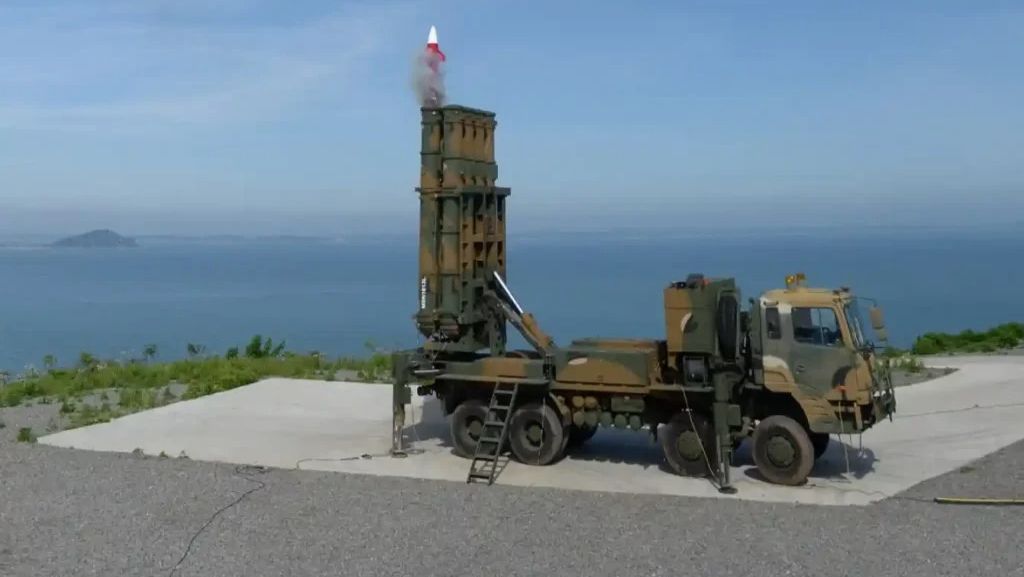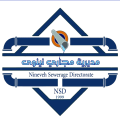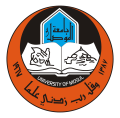The American website “Defense Info”, which specializes in military affairs, stated that Iraq is working with South Korea to enhance its air defenses by purchasing a technologically advanced missile air defense system.
The report indicated that the South Korean company ” LIG Nex1 ” won a deal worth $2.8 billion last September to supply Iraq with medium-range surface-to-air missile defense systems, as Iraq is expected to receive 10 batteries of the South Korean “Cheongong” system, which is capable of intercepting missiles and aircraft.
According to the American report, such deals allow South Korea to have a greater presence in the air and missile defense sector in the Middle East, although the South Koreans are already present through deals concluded with the UAE and Saudi Arabia.
The report pointed out that the Iraqi Ministry of Defense believes that such defensive capabilities would “enhance the capabilities of the Iraqi army and peacekeeping forces, and support Iraq’s sovereignty.”
As for South Korea, the report says these air and missile defense deals could pave the way for the marketing of its domestically-made KF-21 fighter jets.
The report considered that the current Iraqi air force and air force are outdated, and therefore there are challenges facing its air and missile defense system in light of the threat environment facing Iraq, pointing in this context to Iran’s use of ballistic missiles in its bombing of the Kurdistan Region, which led to civilian casualties in residential areas.
Therefore, the report considered that Iraq’s missile defense capability could provide it with an advanced defense mechanism, which was expressed by the Iraqi Minister of Defense, who breathed a sigh of relief when he announced that the deal with South Korea represents “a qualitative strategic agreement for air defense, as it provides protection for Iraqi airspace and achieves regional balance for the country.”
In this context, the report said that protecting the country’s regional balance is not only achieved through offensive weapons, but also through defensive weapons, as there is a need to achieve the ideal balance between attack and defense in order to ensure stability and security for the country.
The report discussed the South Korean missile defense system, noting that the medium-altitude surface-to-air missile defense system can intercept ballistic missiles and air threats at a distance of 40 kilometers and an altitude of 15 kilometers.
He added that the KIT-T150 supersonic fighter jets that Iraq received from South Korea in 2018 have light attack capabilities and provide Iraq with modest offensive capabilities.
According to the report, Iraq looks to South Korea as a reliable partner to reduce threats by providing it with advanced weapons systems.
He recalled that the two countries decided last March to strengthen their military relations through cooperation in arms manufacturing, as the missile defense systems deal is one of the manifestations of this relationship that is being strengthened.
The report recalled the visit of Iraqi Defense Minister Thabet Mohammed Al-Abbasi to South Korea last March, to meet with the CEOs of several South Korean defense companies, during which he said that “the introduction of advanced Korean weapons, which have demonstrated their excellent technological capabilities and decades of operational experience, would contribute to strengthening Iraq’s defense capabilities.”
The report said that this cooperation represents a starting point for Iraq towards enhancing cooperation with South Korea, which extends beyond the relationship between buyer and seller, as this cooperation includes the exchange of military personnel, education, training, and follow-up defense support, as Iraqi military personnel who operate Korean missile defense systems can undergo training with South Korea.
Source: Agencies






